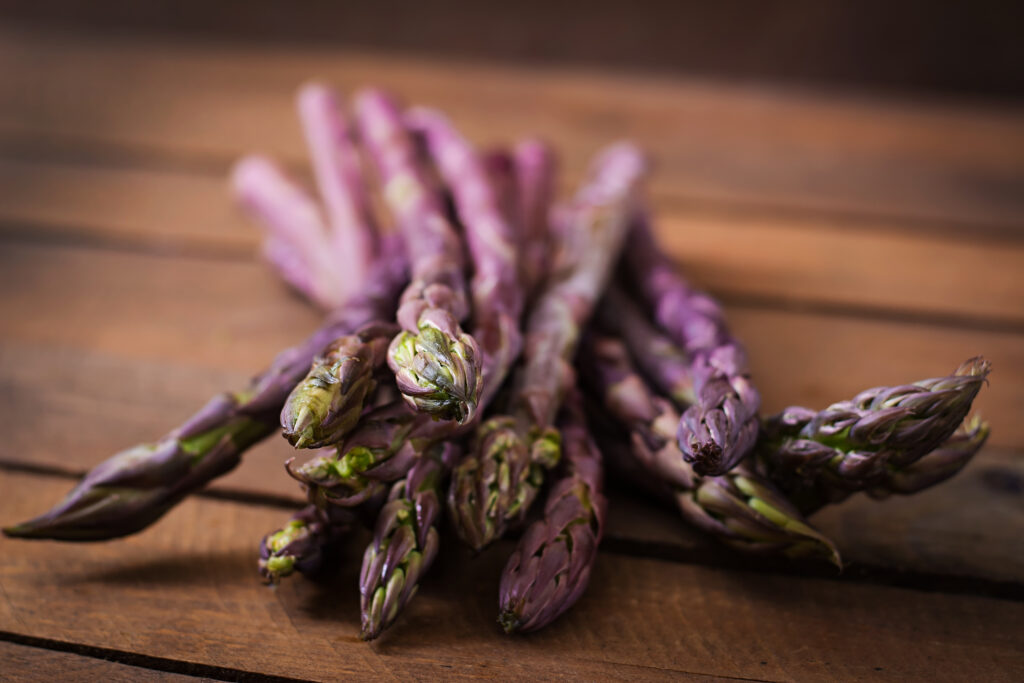Table of Contents Show

Sneezing, coughing, fatigue, and all other flu symptoms are common during flu season, which typically spans from fall to early spring.
It is crucial to implement preventative measures during flu season in order to mitigate the likelihood of contracting the illness. As part of this, you should stay away from sick people, wash your hands often, and get the flu shot. Taking care of your hygiene, drinking enough water, and getting enough sleep can also help your immune system and lower your risk of getting the flu.
What’s the difference between a cold and the flu?
At first glance, the flu and a cold might look alike. Both have effects on the lungs and may show signs that are similar to each other. However, different viruses are responsible for these two illnesses.
You can tell them apart by their symptoms.
There are some signs that both a cold and the flu have in common. When someone has either illness, they often:
- Nose that runs or stuffs up
- Sneezes
- Having body aches
- tiredness in general
The flu usually has worse symptoms than the common cold. Another clear difference is the level of seriousness. Having a lot of colds usually doesn’t cause other health problems. But when you have the flu,
- Having swelling in the nose
- Getting sick ears
- Chest pain
- Having a fever and body pains
Elderberry (Black Elder)
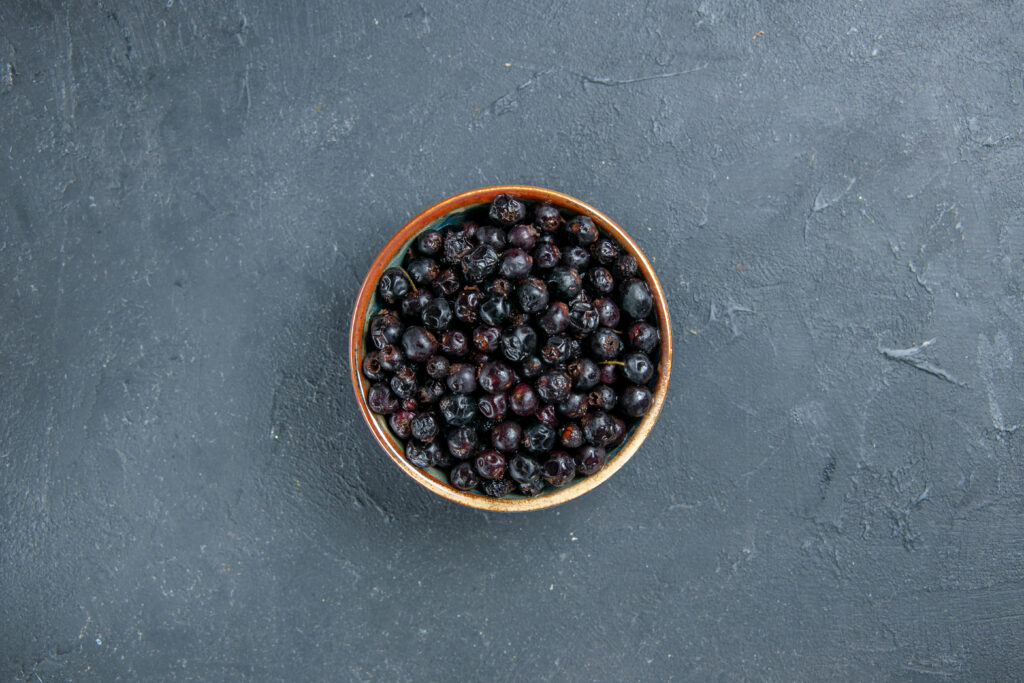
A lot of people use elderberry to treat colds and the flu. It’s said that elderberries can help reduce swelling, boost the immune system, and even shorten the length of time that flu symptoms last. Some studies suggest that elderberry extract might stop the flu virus from entering healthy cells. This would slow the infection’s spread.
How to use: You can find elderberry in syrup, lozenge, or capsule form. If you prefer a homemade option, elderberry tea or syrup can be made using dried elderberries, honey, and water.
Echinacea (Echinacea purpurea)

People know that echinacea can boost the immune system. It makes the body’s natural defenses stronger, which helps fight off viral infections. There have been mixed results from different studies on the effects of echinacea, but many people who take it say they get colds and flu less often and in a milder way.
How to use it: You can take echinacea in the form of a capsule, a tea, or a tincture. Start taking it as soon as you feel flu-like symptoms. This might work better than taking it every day for a long time.
Ginger (Zingiber officinale)
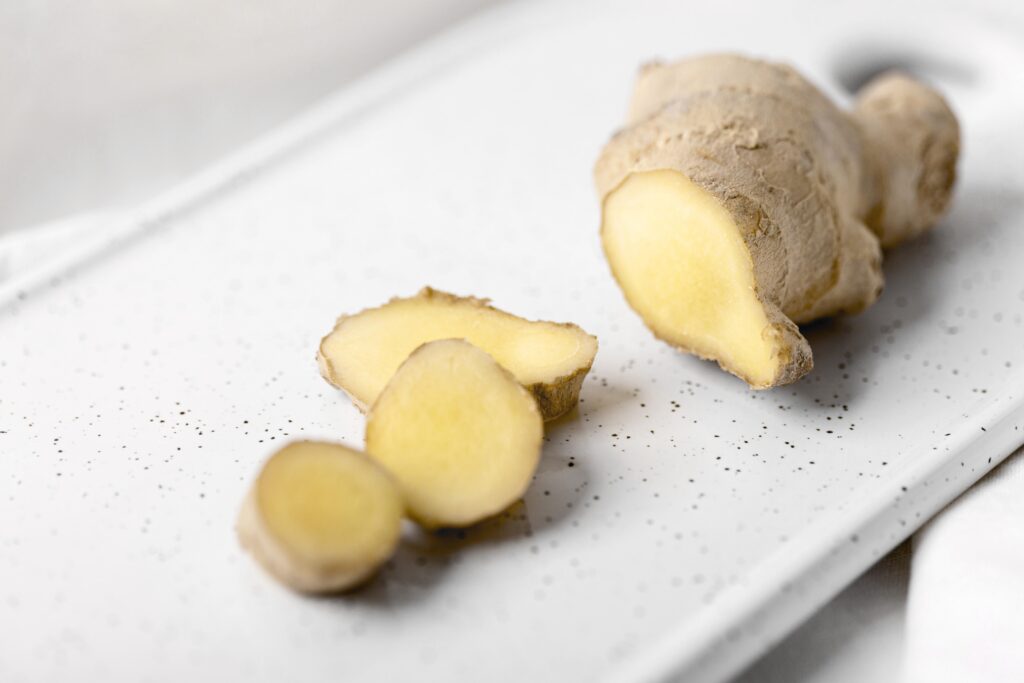
Ginger is a great way to treat flu symptoms because it is a very useful herb that can help with stress, viruses, and free radicals. If you loosen up mucus and ease throat pain, ginger can help you feel better, digest food better, and keep your lungs healthy.
How to use: Ginger can be consumed in various forms, such as fresh ginger tea, ginger powder in hot water, or even added to broths. Drinking ginger tea with lemon and honey is a soothing remedy for flu-related sore throats and congestion.
Garlic (Allium sativum)
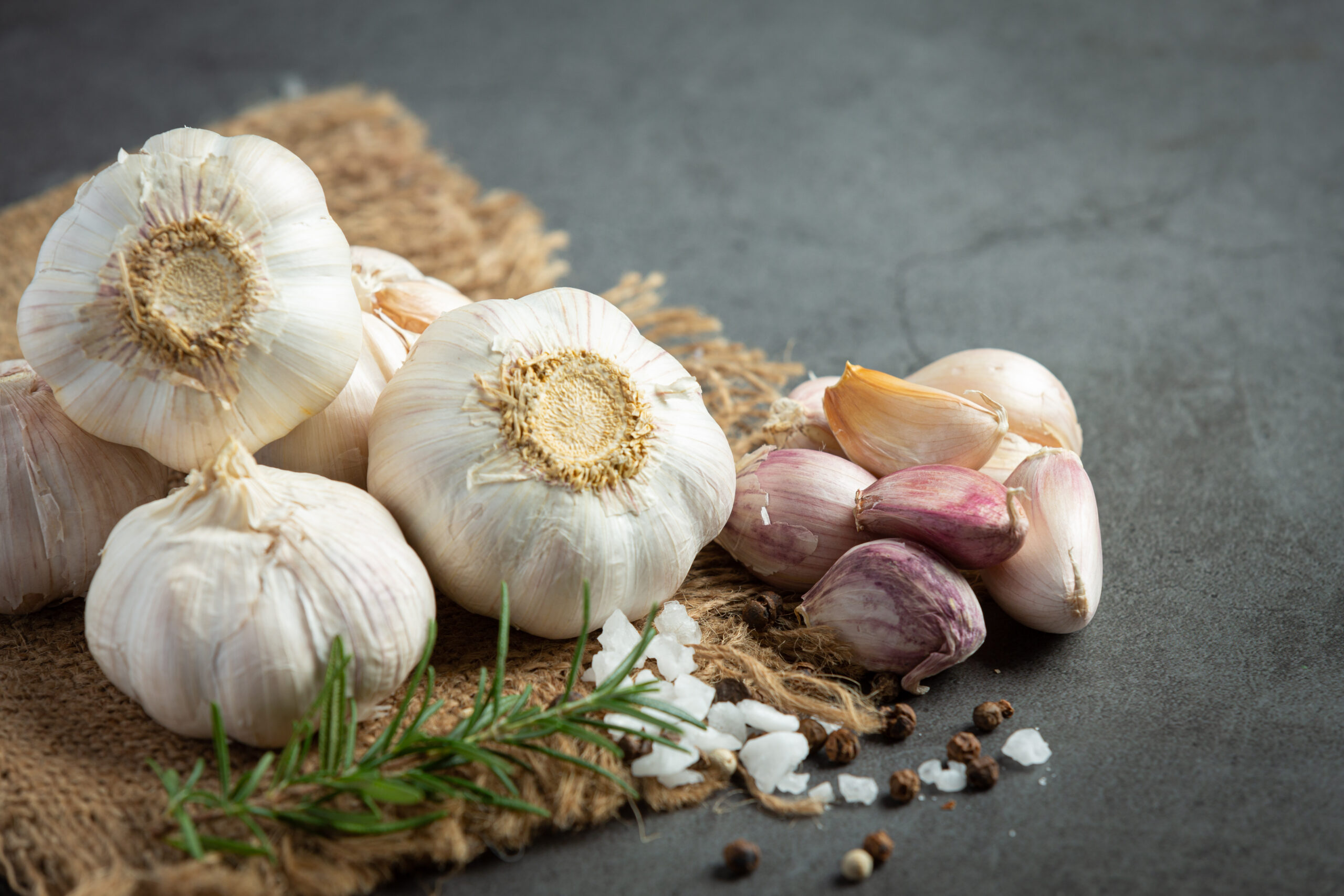
People have used garlic to fight infections for a long time because it is very good at killing germs and viruses. There are chemicals in it, like allicin, that help the body fight off the flu virus and make symptoms less severe.
How to use: You can add raw garlic to your diet by crushing it and mixing it into soups, salads, or drinks. Alternatively, garlic supplements are available for those who don’t enjoy the strong flavor.
Peppermint (Mentha piperita)
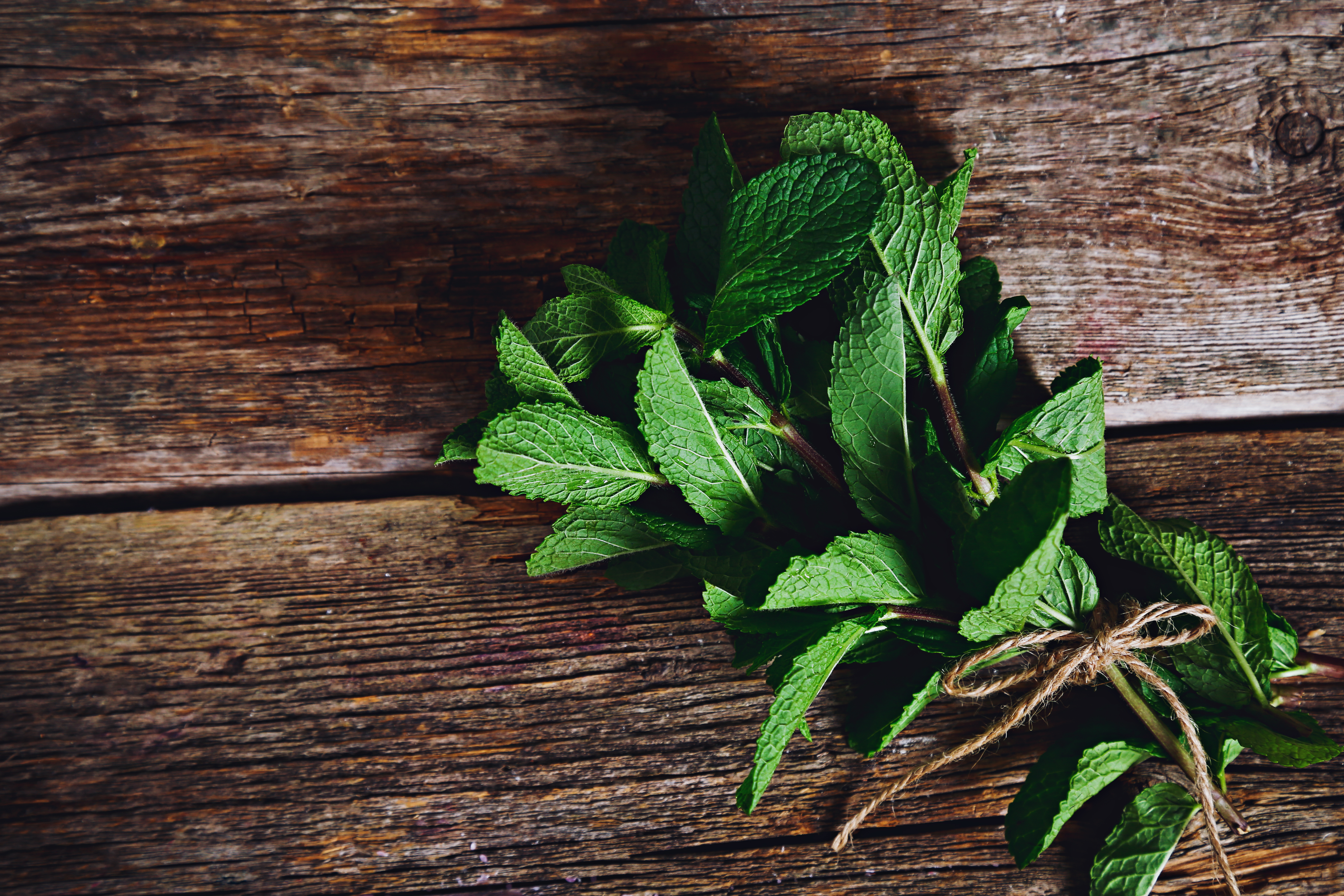
Peppermint is known to help with breathing problems and other symptoms of stress. The menthol in it helps clear out stuffy airways, which makes it easier to breathe. Also, peppermint can help ease the symptoms of the flu because it kills viruses and bacteria.
How to use: Sip on peppermint tea to alleviate congestion and headaches, or inhale peppermint essential oil by adding a few drops to hot water and breathing in the steam.
Licorice Root (Glycyrrhiza glabra)
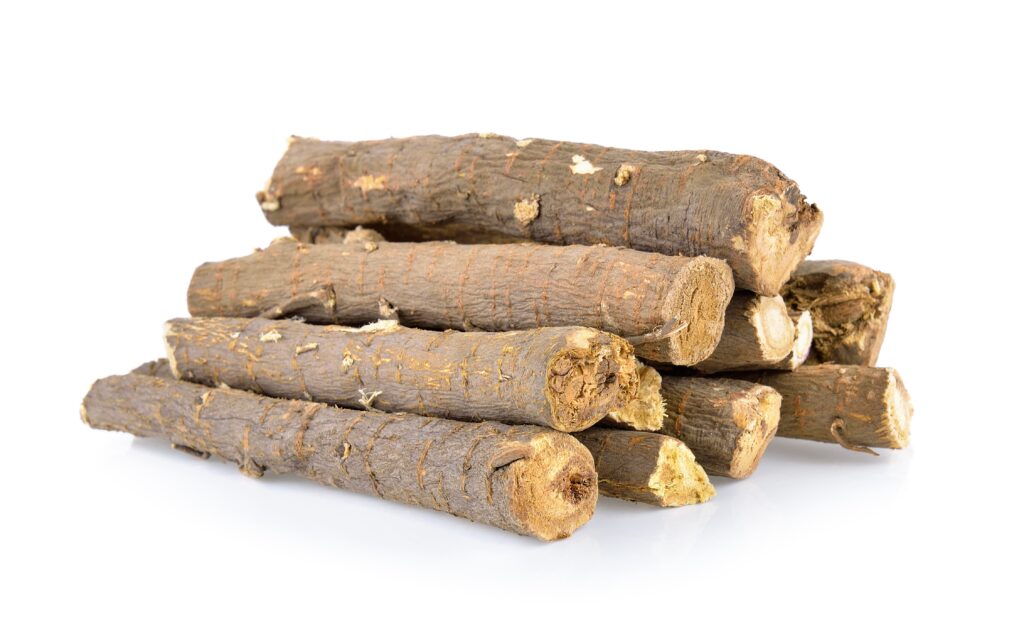
Licorice root is very good at reducing inflammation and making the immune system stronger. It helps soothe sore throats and coughs by soothing mucous membranes that are irritated. The antiviral properties of licorice can also help fight the flu virus.
How to use: For extra health benifits, you can also take licorice root tea. Licorice can raise blood pressure, so people with high blood pressure should not use it for a long time.
Turmeric (Curcuma longa)
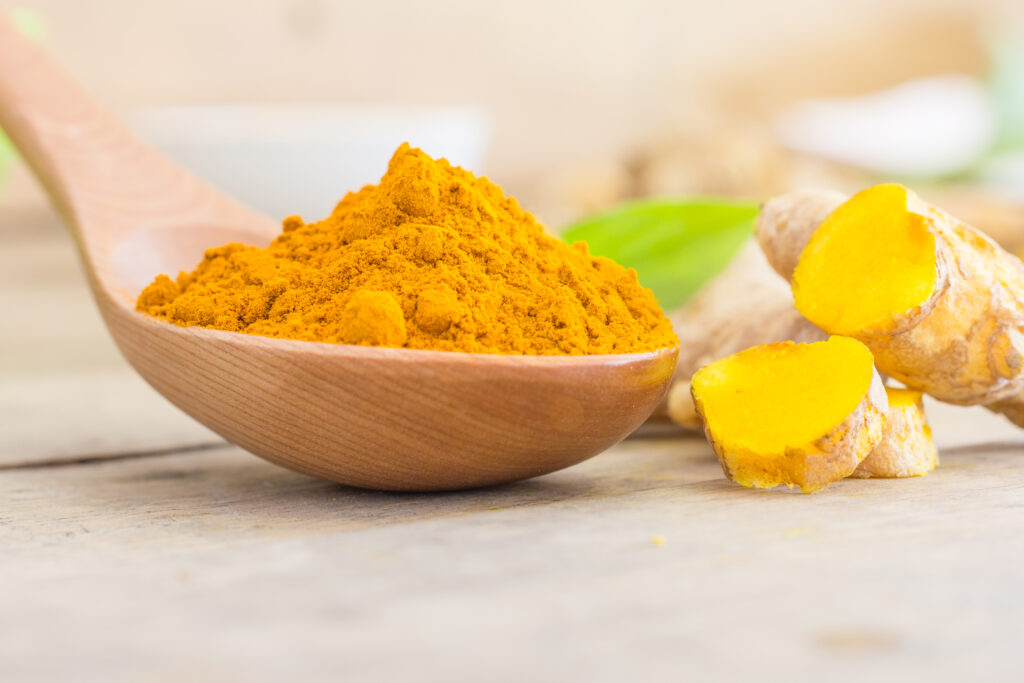
strong ability of turmeric spice to lower inflammation and shield cells from damage is well known. This is mostly because of curcumin, which is what turmeric does. There is less swelling, the immune system is stronger, and flu symptoms like pain and a stuffy nose are eased.
How to use it: To make extra healthy milk, mix turmeric powder with warm milk. You can also add it to soups and teas. Combining turmeric with black pepper enhances the absorption of curcumin in the body.
Thyme (Thymus vulgaris)
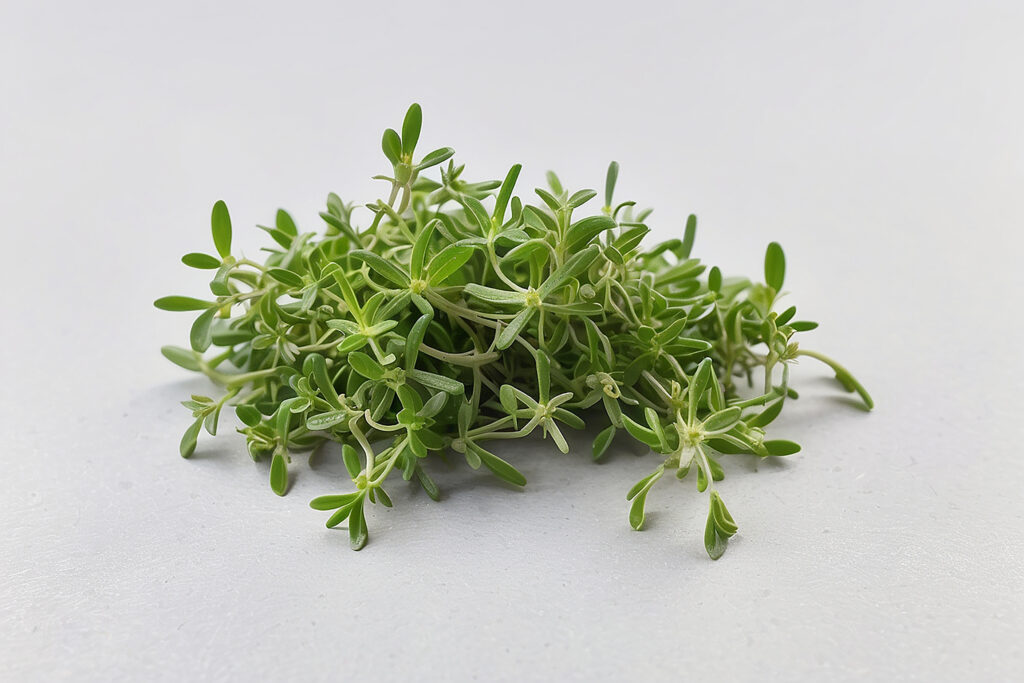
The antimicrobial properties of thyme make it useful for fighting respiratory infections. It’s a well-known herb for coughs and stuffy noses because it naturally helps break up mucus in the respiratory tract.
How to use: If you have a stuffy nose or a cough, drink thyme tea or breathe in its steam. You can also use a diffuser with thyme essential oil to help your breathing.
Lemon Balm (Melissa officinalis)
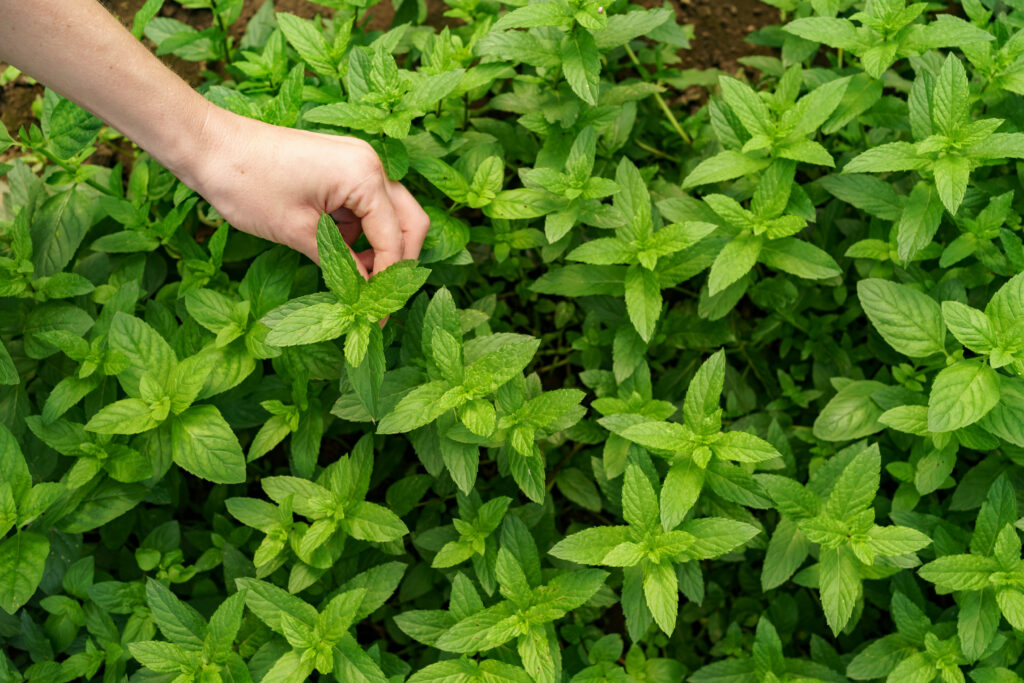
Lemon balm is a herb that can help calm you down and fight viruses. It can bring down a fever, ease headaches, and settle an upset stomach. The mild sedative effect of lemon balm can help you relax and sleep better, which is very important during recovery.
How to use: Lemon balm tea is soothing and can be consumed several times a day during the flu.
Astragalus (Astragalus membranaceus)
